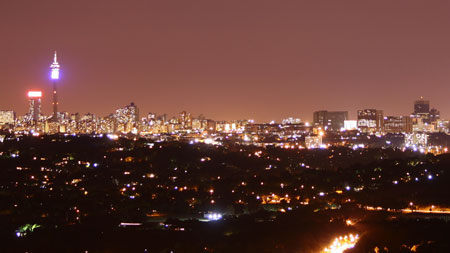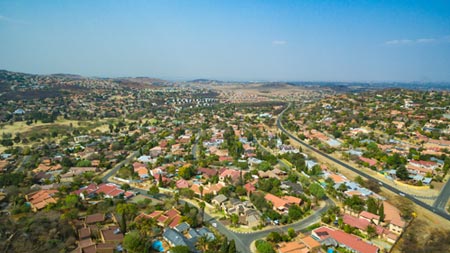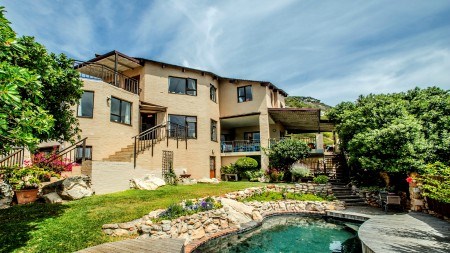After 2 previous years of decline, the number of first time buyers entering the market has stablised in 2016 and 2017.
According to the FNB Estate Agent Survey, the estimated average 1st time home buyer level was 20.27% of total home buying for 2017 – almost identical to the figure for 2016. The number of first time buyers had been declining for the 2 years prior to that.
The improvement in first-time buyer levels can largely be attributed to the performance of the Gauteng province.
First-time buying in South Africa took a knock when interest rate hiking cycle started in 2014. “This is typical, given that on average, younger aspirant home buyers should be far more dependent on credit to enter the home buying market, and thus more sensitive to interest rate changes than older repeat home buyers,” says FNB’s John Loos.
In 2017, the interest rate cycle turned ever so slightly, with a lone interest rate cut of 25 basis points in July, and this mild turn in the cycle appears to have been just enough to have stabilized the 1st time buyer percentage.
A stable interest rate environment in 2018 could see this percentage remain more or less the same, or even improve should interest rates decline further.
While the national average remained around the 20% mark, the data shows that in the major metros affordability is playing a major role in the makeup of the market.
Gauteng outperforms significantly
Gauteng is the driver of the slight national average 1st time buyer percentage increase in 2017, with both of the province’s major metropolitan regions seeing increases in their percentages.
Greater Johannesburg saw an increased average 1st time buyer percentage, from 21.6% in 2016 to 25.9% in 2017, while Tshwane region went from 23.75% to 26.7% over the same period.
These percentages, both strong and above the national average estimate, are likely due to Gauteng being the most affordable major residential region, when affordability is considered as average house price relative to average household income.
The province has had low house price growth (often negative in real terms) in recent years, enabling it to achieve further affordability improvements. It is this superior home affordability in Gauteng which, may make the region the relative “outperforming” housing market in 2018.
Less positive for first time buying in the coastal metros
Although not weak in the extreme, both Ethekwini and Nelson Mandela Bay saw declines in their average estimated 1st time buyer percentages, Mandela Bay from 19.6% in 2016 to 17% in 2017, and Ethekwini from 20.5% to 14.7% over the same period, both under the national average.
However, the most severe decline in estimated 1st time buying levels took place in the City of Cape Town. That region’s strong house price growth in recent years has been well-documented, and with such superior house price growth has come a significant home affordability deterioration. The sharp decline in its estimated 1st time home buying percentage is strongly reflective of this affordability deterioration.
The region’s annual 1st time buying percentage has been below the national average for 9 consecutive years - it fell sharply from 18.39% in 2015 to 12.8% in 2016, and then further to a mere 7.5% in 2017.
The average age of buyer in South Africa’s provinces
Estimates by province of the average age of bonded home buyers (using deeds office registration data) appear supportive of the notion of superior Gauteng home affordability.
The estimated average age of a bonded home buyer was 36.95 years in Gauteng, the lowest average age of any of the 9 provinces, with only Mpumalanga coming close to that average.
The 3 major coastal provinces continued to show significantly higher average ages for bonded home buyers, 39.3 years in the case of the Eastern Cape, 39.1 years in the Western Cape, and 39 years in the case of KZN.







